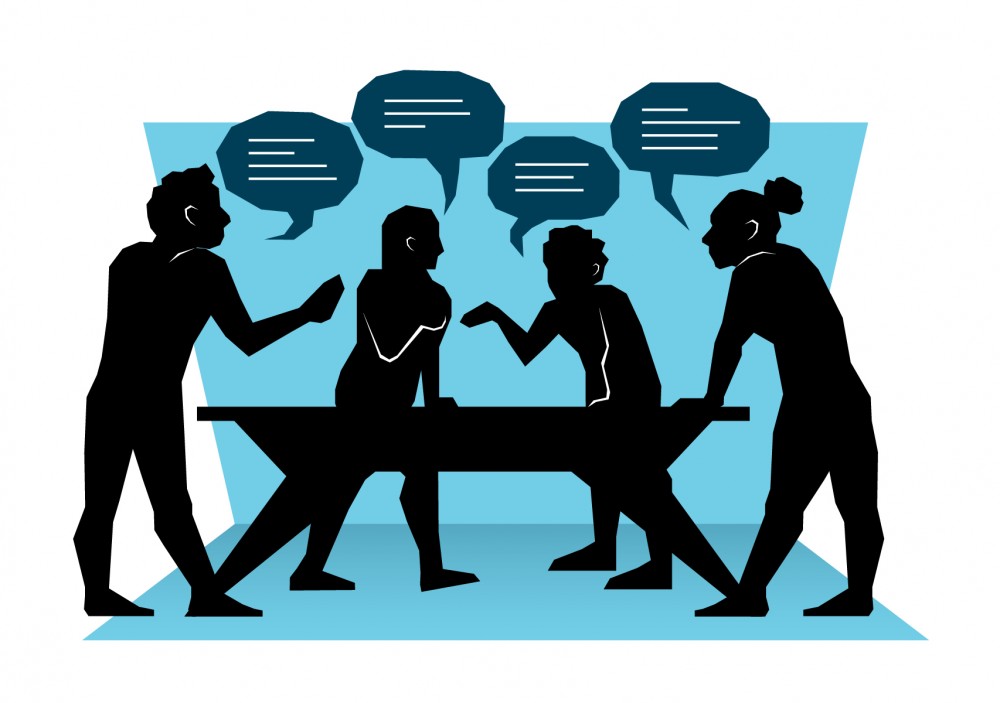Speaker Nancy Pelosi announced this week that the House of Representatives would begin their impeachment inquiry against President Trump, with over 200 Democratic lawmakers supporting this motion. He found himself under fire again, this time over his phone call to Ukrainian President Volodymyr Zelensky. An anonymous whistleblower filed a complaint against Trump to the intelligence community inspector general. The public, as well as members of Congress, have continued to pressure Pelosi to move forward with what some saw as an inevitable outcome.
Impeachment.
The process of impeachment can get a little confusing. The New York Times equates it to being indicted. Andrew Johnson and Bill Clinton have been the only two presidents to be impeached, and acquitted, in our presidential history. Despite the common misconception, Richard Nixon was not impeached and resigned in 1974 to avoid any further conflict.
Potentially, in Trump’s case, six different House committees will continue to investigate his impeachable offenses with their findings being sent off to the Judiciary Committee. If the offenses hold true, the case moves to the House where they vote on whether or not the evidence is sufficient enough for impeachment. If the majority votes yes, he is impeached. But that does not mean he is removed from office. The senate has to vote and if two-thirds or more find the president guilty, he will be thrown out of office and the vice president will serve in his place. As of Wednesday, Pelosi has not made any action to bring anything to the House floor.
But this situation leads us to a broader question — how do we ensure that our government leaders, the rich and anyone else that separates themselves from the general public, are being held accountable if they violate legal and ethical codes?
Pelosi has been clear in saying that no one is above the law, which should include people who have power and influence in our society. While the media is used to beating that sentiment into our brains, there is still a lack of consequences and questioning for people with a higher socioeconomic standing.
This is not a novel 21st century idea. In 1964, Justice Arthur Goldberg argued that despite our legal system being considered fair through the use of due process and equal protection clauses, the poorer you are the less likely you are to be truly served justice. Having to choose between a $100 fine versus spending 30 days in jail is a no brainer to someone who makes over $100,000 a year after taxes. It’s hard to fathom that a lesson was truly learned with the swipe of a pen and a checkbook.
The debate around whether or not Trump will be found guilty of violating federal campaign finance law is still up in the air. The whistleblower is not scheduled to appear before Congress but has agreed to potentially appear in the future, CNN reports. At this point it is more of a waiting game. Trump is not the first president to be investigated for impeachment and is surely not the first billionaire to run into legal trouble. Our main goal should be to encourage members of Congress to uphold a high standard of justice, regardless of political party, social or economic influence.














